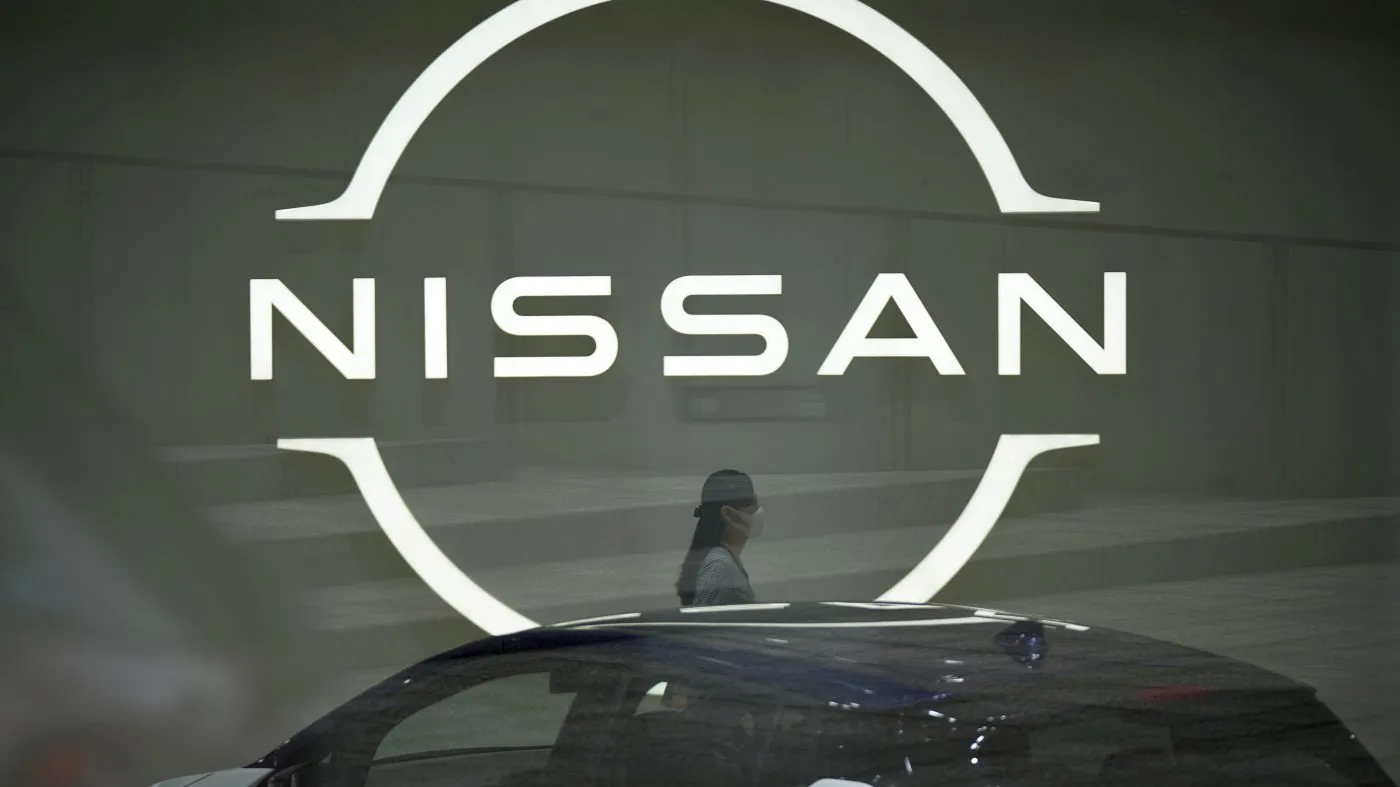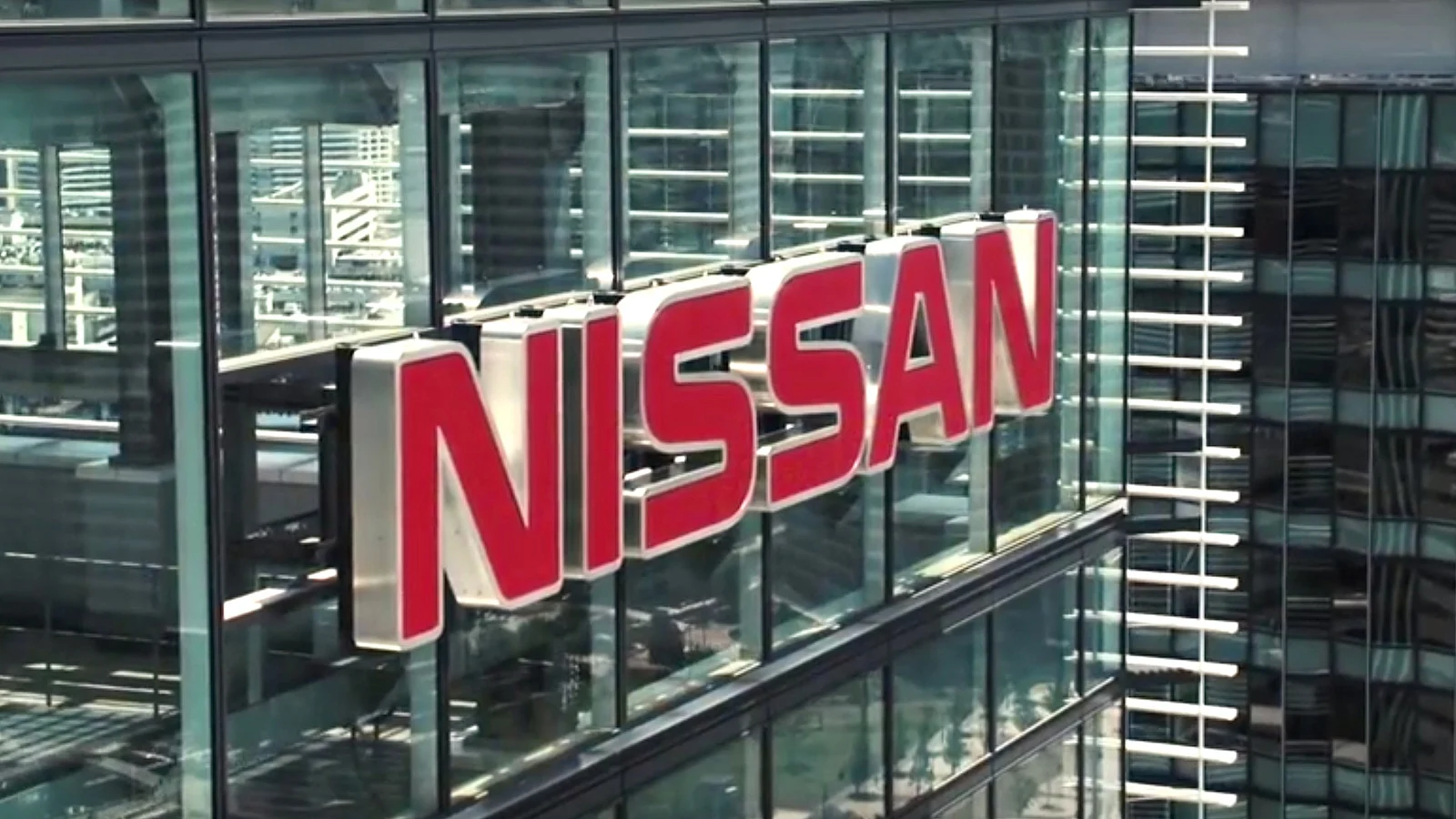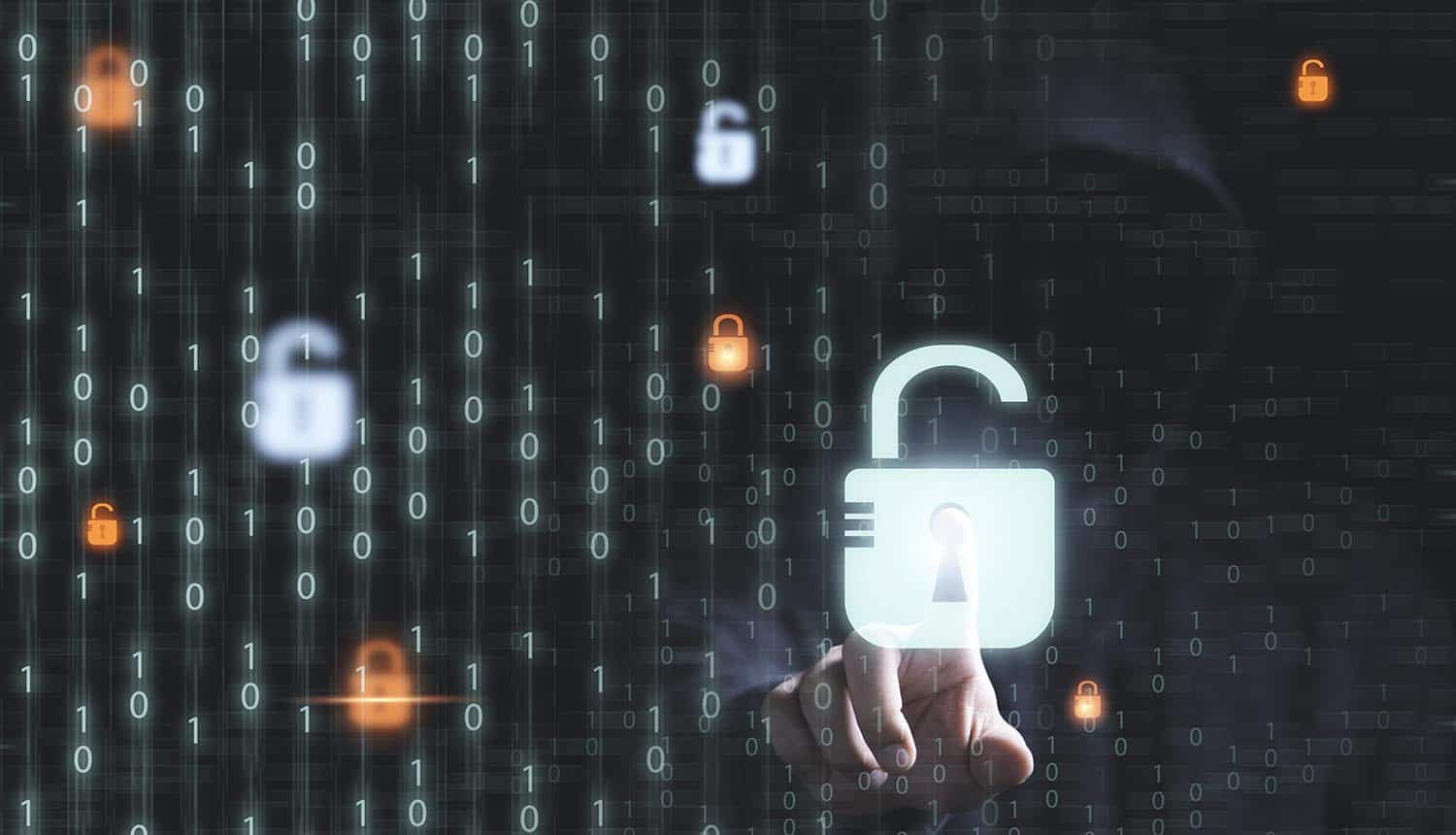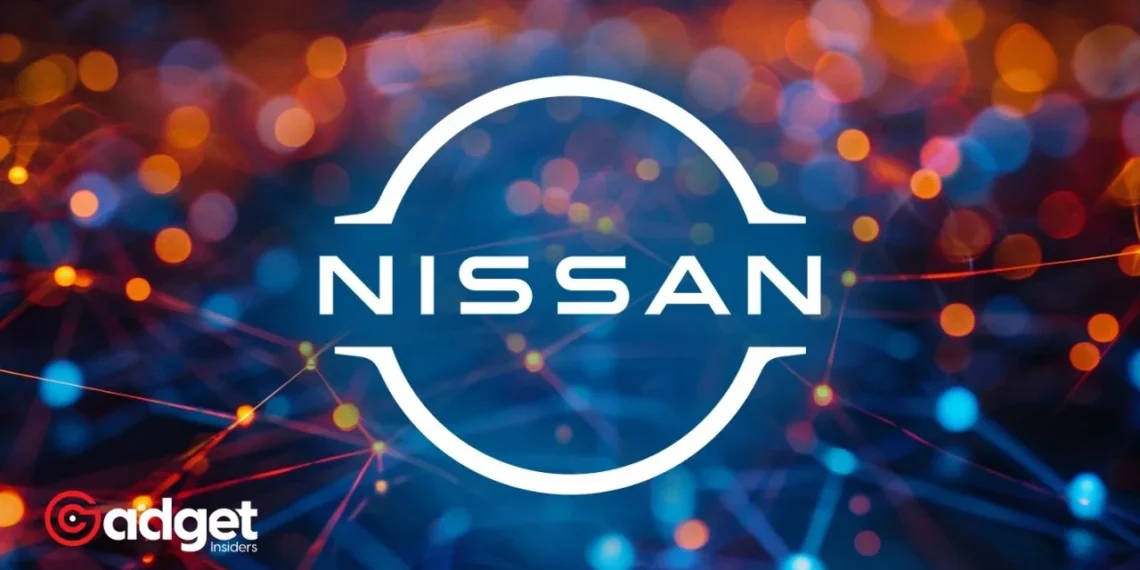In an era where digital security is more crucial than ever, the automotive giant, Nissan, finds itself at the center of a cybersecurity storm. The company is grappling with the aftermath of a ransomware attack that left the personal data of approximately 100,000 individuals exposed. The breach, a result of a meticulously orchestrated attack by the Akira cybercrime group, has sent shockwaves through the industry, highlighting the ever-present threats lurking in the digital shadows.

A Digital Heist Unfolds
Late in 2023, Nissan Oceania detected unauthorized access to its systems. The breach, identified on December 5, was swiftly announced to customers, marking the beginning of a challenging period for the corporation. The attack not only disrupted Nissan Motor Corporation but also its financial services in Australia and New Zealand.
The silence following the breach was broken by the Akira ransomware group, which claimed responsibility and boasted about stealing 100 GB of sensitive data, including both corporate and personal information.

The Fallout of Cyber Negligence
In the wake of the attack, Nissan has been forced into damage control, initiating contact with those affected.
The investigation, bolstered by government authorities and cybersecurity professionals, uncovered that the breach extended beyond the company, affecting customers and employees associated with Mitsubishi, Renault, Skyline, Infiniti, LDV, and RAM finance businesses.
Nissan breach exposed data of 100,000 individuals: Nissan Oceania has confirmed that the data breach it suffered in December 2023 affected around 100,000 individuals and has begun notifying them. First response In early December 2023, the company – a… https://t.co/yuOzK0ly9B pic.twitter.com/qWchUueyId
— Global Cyber Threat Intel (@cipherstorm) March 18, 2024
The disclosed data is a treasure trove for cybercriminals, with up to 10% of the victims having crucial government identification documents compromised. The breach includes approximately 4,000 Medicare cards, 7,500 driver’s licenses, 220 passports, and 1,300 tax file numbers.
The remaining 90% had other personal details exposed, ranging from loan transaction statements to employment records.
Nissan’s Response and Repercussions
To mitigate the damage, Nissan Oceania has embarked on a mission to offer support to the impacted individuals. Free identity theft and credit monitoring services are being provided, along with reimbursements for those forced to replace their government IDs due to the breach.
This move, while necessary, underscores the profound implications of the attack, not just for Nissan but for the automotive and financial sectors at large.

The incident serves as a stark reminder of the vulnerabilities inherent in our digital infrastructures. As corporations like Nissan navigate the aftermath of such breaches, the incident shines a spotlight on the need for robust cybersecurity measures and the importance of prompt, transparent communication with those affected.
As the dust settles, the automotive industry must take stock and bolster its defenses, for the digital realm is fraught with adversaries waiting for a lapse in security. For Nissan, this event is a call to action, a lesson in the importance of vigilance in an increasingly interconnected world.


